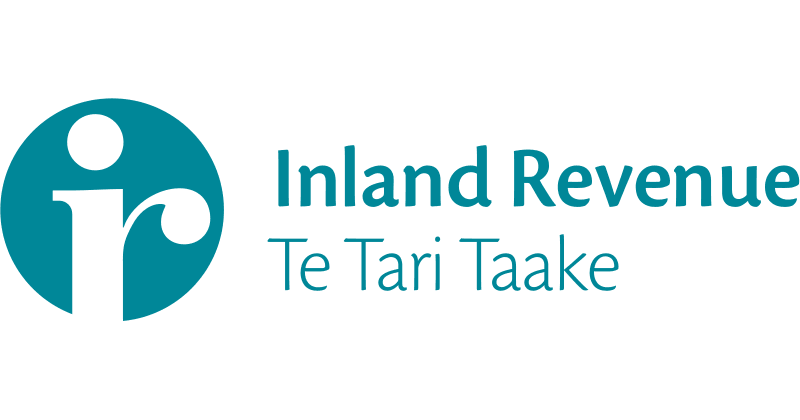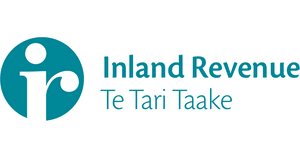She thought about walking away from tax, but couldn’t. Maria Slade finds Westpac’s tax guru Jo Sawden does it for the love of it.
Jo Sawden loves tax.
Accountancy’s most arcane branch certainly isn’t everyone’s idea of a good time, but for the head of tax at New Zealand’s third largest corporate taxpayer it is her tūrangawaewae.
While her student mates at Victoria University were still sleeping off the night before, she was bright-eyed and bushy-tailed at Professor John Prebble’s Friday 8am tax law lectures. It doesn’t even put her off that it’s a boys’ club, and that in her role at Westpac she is the only female banking head of tax in the country.
“It’s just so interesting – it’s like the perfect crossover between being an accountant and actually understanding the business, because a tax person has to understand the business so much better.
“I once toyed with the idea of leaving tax, and came back,” she says solemnly.
Sawden is responsible for income tax payments of around $400 million each year. Most Kiwis would have no idea Westpac accounts for 3% of New Zealand’s total corporate tax take, or that the financial services sector is one of the largest contributors to the revenue base, she says. “There’s a lot of bad press that goes around banks, I suspect quite unfairly. We get knocked for having an Australian parent company.”
But Westpac pays the statutory company tax rate of 28% on its annual profits (although it varies slightly from year to year – more on this in a moment).
“We’re a New Zealand-led management team and company and we’re interested in paying our fair share of tax, because we live in this country and we want to see the tax doing stuff for the New Zealand economy,” Sawden says. “People might be surprised at how little we think about that type of thing. It’s not like we get upset at how much tax we pay.”
Banking is a “French vanilla” kind of business, she says. “It’s a very simple business model – we lend money, we borrow money to lend money, we’re a depository for people to deposit money with us.”
Of course there are layers of complexity, and other strings to the bank’s bow such as insurance and funds management services. “But at the end of the day from a tax framework, we are just basically taxed on our profits,” she says.
“I used to work for an energy company. If I was to draw parallels between the two of those, in an energy company because you spend a lot of money on infrastructure you end up deferring a lot of your tax payments, because you end up with very large assets that depreciate at a different rate for tax and accounting. We don’t have any of that.”
So exactly how much does Westpac contribute? Like everything in the world of taxation, it depends how you cut it. For myriad reasons the tax expense figure companies report in their annual results is not necessarily the amount of cash they will actually hand over to the Inland Revenue Department that particular year. For example, companies can defer payment of tax, such as on the depreciation of an asset, and cannot claim a deduction for accrued employee annual leave unless it’s paid out with 63 days of the end of the financial year.
In addition, the tax expense figure will seldom be exactly 28% of annual profits due to various factors. For instance, a company could have a windfall on the sale of a property, or write down the goodwill value of an aspect of its business – both of these are accounted for in its financial statements, but the first is not taxable and the second is not deductible, and thus the final tax bill is affected.
Westpac’s ‘income tax expense’ for the year to September 2017 was $424 million, amounting to 28.6 per cent of its pre-tax profit of $1.48 billion.
However it expects its total bill will be around $416m, just over 28% of its pre-tax profits, and the final figure won’t be in until the end of the current tax year. “Most likely, I expect that number come 31 March when I file our tax return, that will drop a little bit. But that’s only because I’d rather overpay at this stage than under-pay,” Sawden says.
In case you weren’t confused enough Westpac also publicises the figure of $470m. Stay with us, because there’s a logical explanation for this and it’s a good example of how convoluted tax matters can be.
As a general rule GST is not added to financial services, and yet the bank still has to pay GST on the things it does to provide those services. So there’s around $40m in GST each year it can’t claim back, Sawden says. That’s included in the $470m figure.
In addition, companies pay their tax in three instalments – two in the year in question, and the final one a month or so after the year-end. “For example, I’ve only just paid my last instalment for Full Year ’17, so it’s not included in the cash I paid in 2017,” she says. However, that amount will be included in the total tax bill Westpac pays the following year.
The bank also points out that it contributes to New Zealand’s economy in many other ways besides income tax. Around 23,000 Kiwis are shareholders in Westpac, earning $85m in dividends last year. It employs over 4000 staff, and paid a total $262m in PAYE on their behalf and withholding tax on the interest earned by its customers. It also paid $591m to 3288 contractors and local suppliers in the year.
Westpac Banking Corporation – NZ Banking Group
| 2017 | 2016 | 2015 | |
| NZ$m | |||
| Revenue | 2,413 | 2,362 | 2,371 |
| Net Profit Before Tax (NPBT) | 1,483 | 1,336 | 1,381 |
| Total Income Tax Payable (ITP) | 416 | 378 | 360 |
| Shareholder Funds | 7,831 | 7,037 | 6,193 |
| Cash Tax Rate (CTR) | 28.1% | 28.3% | 26.1% |
Source: Westpac
This content is brought to you by IRD. Ready for a cash flow game-changer? Only pay provisional tax when you’re making a profit. AIM, a new option with MYOB, Xero and APS.




